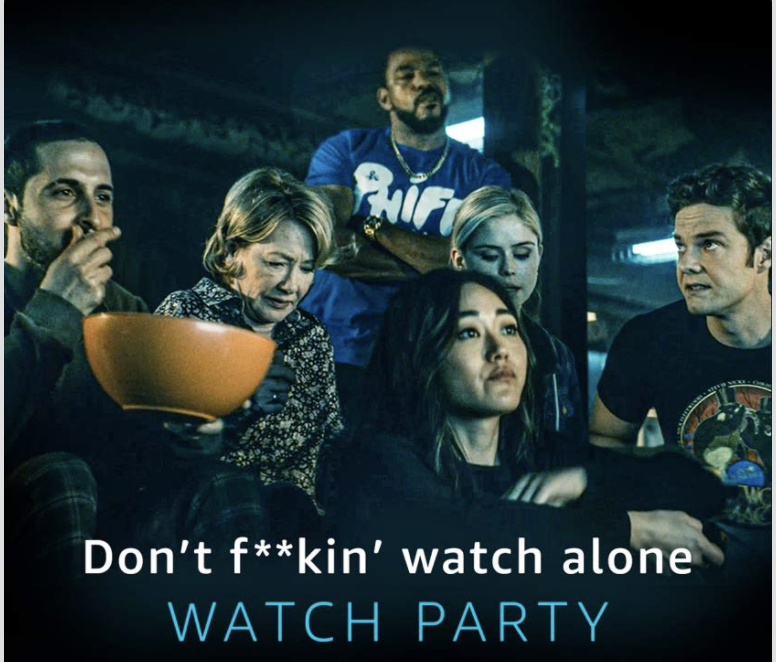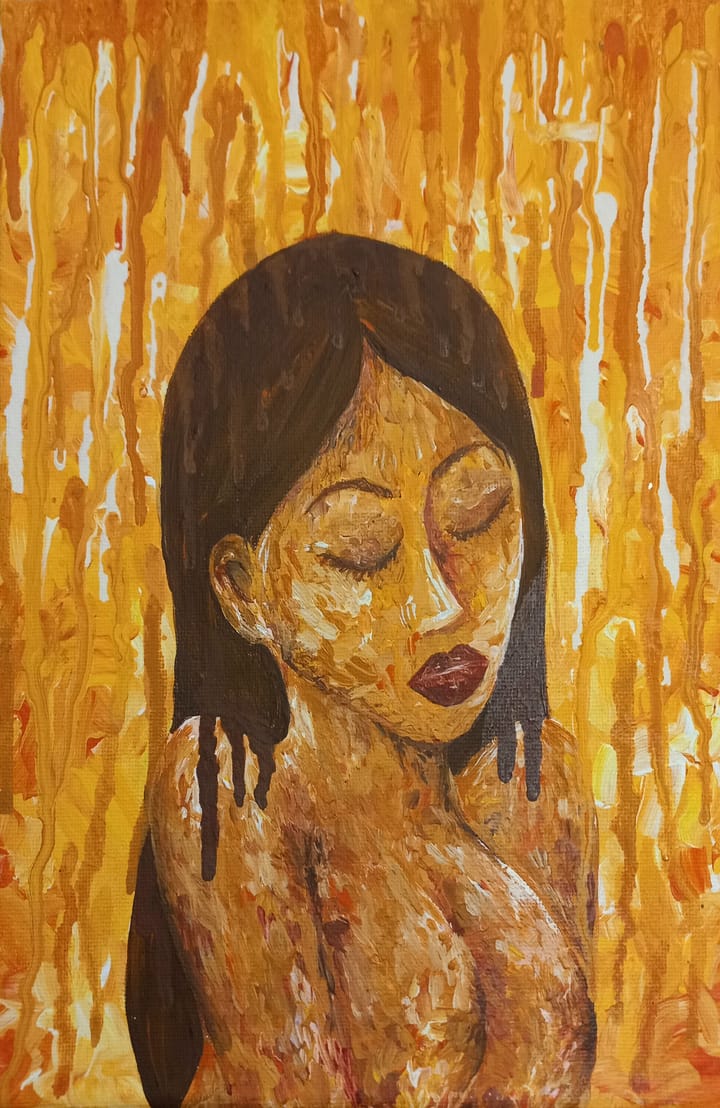Counterculture: An Amazon Prime Exclusive

During quarantine, I’ve begun watching Amazon Prime Video, though I can’t say exactly why. Perhaps it’s because Amazon is taking over the world and I have a deeply-seated desire to side with the winners, or maybe just because of my unwillingness to pay for a new service. In any case, I spent the last few months working my way through both seasons of “The Boys,” one of Amazon Prime’s highest-profile and most unintentionally perplexing shows.
Like Marvel or DC movies, “The Boys” depicts a world of superheroes, yet unlike these earlier franchises, “The Boys” offers a dark and cynical take on how superheroes would operate in the modern world. Rather than selfless paragons of virtue, the superheroes in “The Boys” are mostly corrupt and selfish and use their power for decidedly unheroic pursuits. But under the watchful guidance of the megacorporation Vought, they remain adored and highly marketable celebrities. Enter The Boys. They’re a rough-around-the-edges, vigilante-adjacent group aiming to stop the “Supes” through blackmail, spying and sometimes direct violence.
“The Boys” isn’t afraid to tack directly into the current political discourse. Vought is portrayed as a calculating corporation, unafraid to blatantly lie to or pressure the authorities to get its way. The government, on the other hand, lacks the political will to directly oppose Vought. This very explicit political messaging is all the more interesting when you consider that this show was created by Amazon to be a flagship feature of Amazon Prime Video.
I thoroughly enjoyed watching the two available seasons of “The Boys.” It’s an excellent show, full of great performances, clever writing, dark humor and shocking twists. But as I watched, I kept thinking about Amazon’s role in creating something so critical of big business and corporate control of the media. That fundamental contradiction is as intriguing as the show itself.
“The Boys” portrays itself as unapologetically countercultural, even poking fun at other superhero franchises. For example, Vought creates its own superhero movies and streams them on “Vought Plus” (you have to wonder how much temptation the writers felt to change the name to ‘Vought Prime’). This vigilante, irreverent approach even extends outside of the show’s story. Promotional material for “The Boys” is full of the actors scowling at the camera and flipping the middle finger to the viewer like the members of some angsty teen band.
Yet despite its best efforts, the show is too steeped in commercialism to be truly subversive. Product placement abounds, but it’s in the music that the show’s true nature comes out most clearly. One of the main characters, Hughie Campbell, listens almost exclusively to Billy Joel, and the Pianoman’s music appears frequently in the show itself. Now, I’m probably Amherst College’s biggest Billy Joel fan, but even I have to admit that he’s not exactly indie. The head of the titular vigilante group, Billy Butcher, is a closeted Spice Girls fan, and inevitably, “Wannabe” makes a gloriously saccarine appearance in a major action scene.
What the show ends up creating is a peculiar breed of counterculture – the kind that sells. On the show’s Prime page, the viewer can see pages titled “Sh*t To Watch” and “Sh*t To Buy” (sic). My favorite is an ad for Prime’s watch party feature, proclaiming, “Don’t fu**in’ watch alone.” I have to imagine an Amazon middle manager telling the intern: “Make it sound rebellious and edgy, like your cool older brother.”
Of course, I have no doubt that most of the people making “The Boys” are passionate, dedicated and creative. But the sheer commercialization of the show’s capitalism-critical message is disconcerting. Amazon probably isn’t overly concerned, because the show has been enormously successful. It has become one of the most popular shows on Prime, and a third season has already been greenlit.
But why is Amazon so willing to essentially present itself as the villain of one of its most high-profile shows? Maybe Amazon lacks any self-awareness, but that strikes me as unlikely. The show’s parody of other companies is too cutting and overt. I suspect that Amazon is perfectly aware of the cultural resentment it engenders and has decided to cash in. Thus, the consumer can enjoy criticism of corporate influence in a way that’s both mainstream and convenient.
How has Amazon managed this chameleon-like shift? Because like Vought, Amazon is simply so large and influential that it has ceased to hold any kind of identity in the public mind. Consumers are no longer aware of Amazon, in the same way that fish don’t think about water. Amazon isn’t a company, it’s a part of life. As a result, Amazon can present whatever messages it wants without being accused of hypocrisy. It’s for the same reason that hundreds of people buy the Communist Manifesto on Amazon Prime every year (and for $6.85 including shipping, how could anyone resist?).
I don’t want to portray Amazon as a source of mass propaganda. Fundamentally, I think Amazon just wants to produce content that people will enjoy. But I wonder if “The Boys” will mark a new era of counterculture television, where the counterculture is created by (and makes profits for) the very same organizations which it exists to criticize. By co-opting the messages of their rivals, companies can subtly influence the discourse while also seeming honest about its flaws. The idea of powerful corporations using controlled opposition is nothing new. In fact, it’s exactly what Vought does in Season Two of “The Boys.”
But here’s the kicker. Whatever the troubling implications of “The Boys,” I still can’t wait for Season Three.





Comments ()